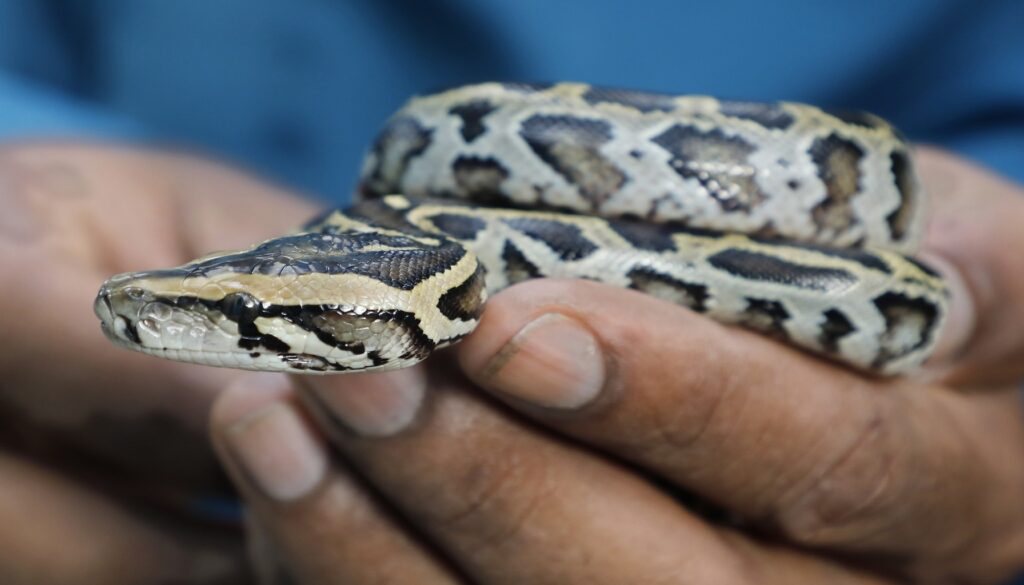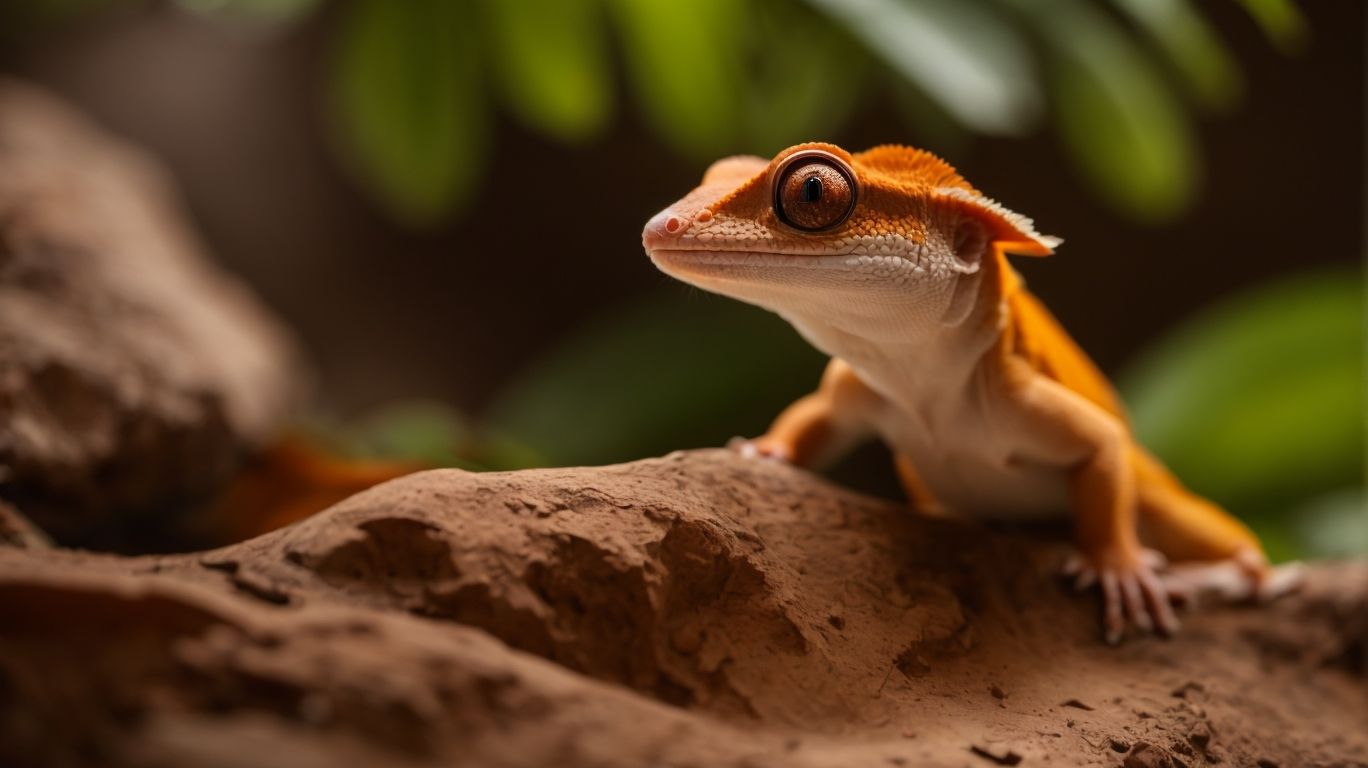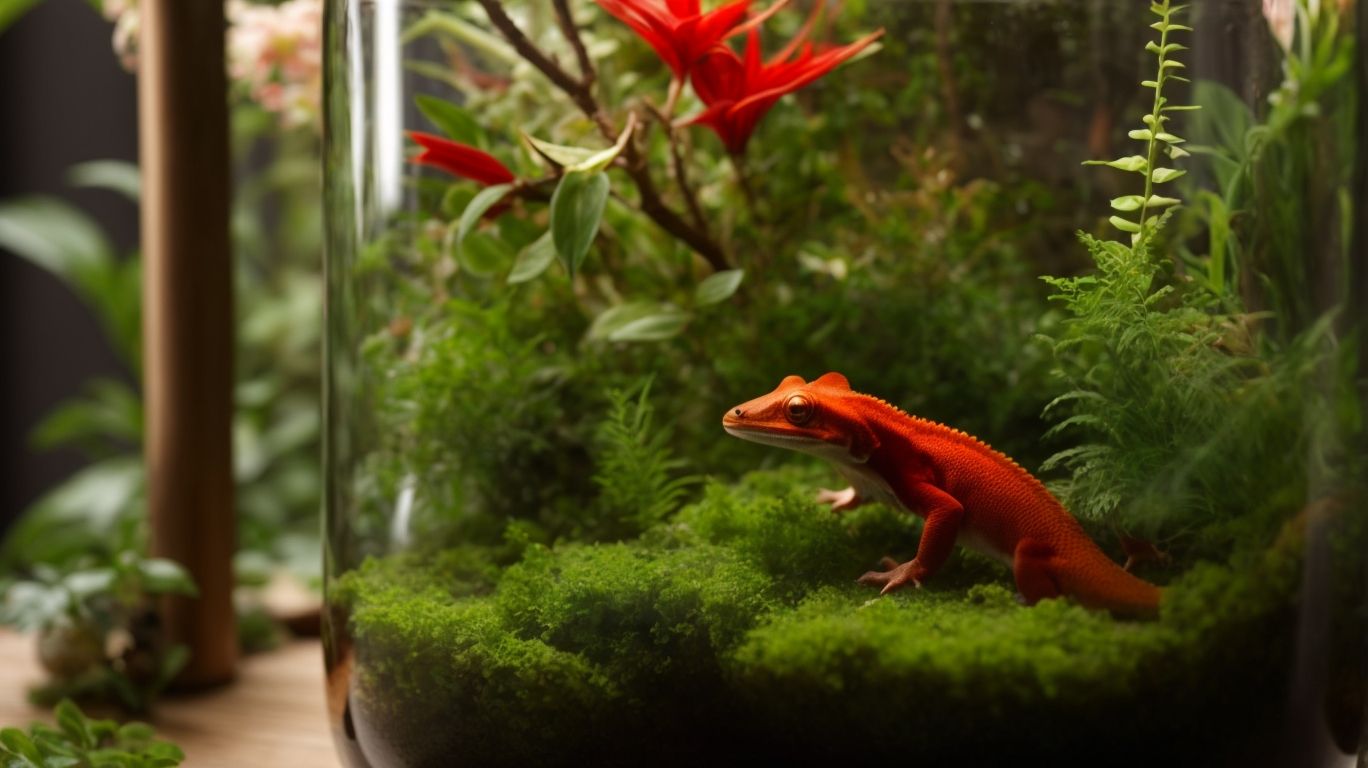
Decoding the Ethics and Legality of Ball Python Ownership
Table of Contents
Unraveling the Ethical Dimensions of Ball Python Ownership
In the fascinating world of exotic pet ownership, ball pythons emerge as captivating companions, their sleek coils and mesmerizing patterns enchanting enthusiasts globally. As these remarkable creatures gain popularity in households, delving into the ethical nuances of ball python ownership becomes crucial. Beyond their aesthetic appeal and manageable size, a closer inspection reveals a complex interplay of responsibilities, environmental impact, and the overall well-being of these serpentine companions.
This article aims to untangle the ethical dimensions surrounding the ownership of ball pythons, spotlighting the multifaceted challenges and considerations that arise when inviting these reptiles into our lives. From evaluating the sustainability of captive breeding practices to pondering the implications for wild populations, we’ll navigate the delicate balance between human desire and the welfare of these captivating creatures. Understanding the ethical intricacies involved is vital for responsible ownership and ensuring the conservation of these unique reptiles.
As we embark on this exploration, the ethical compass guiding our choices will be scrutinized, shedding light on the collective responsibility of the exotic pet community. By considering the broader implications of ball python ownership, we can foster a deeper appreciation for the complexities inherent in sharing our lives with these extraordinary beings, ultimately aiming for a harmonious coexistence that respects both the desires of enthusiasts and the well-being of these serpentine companions.
The Legalities of Owning a Ball Python
Ball python ownership not only has ethical considerations but also legal implications. Before bringing a ball python into your home, it is crucial to understand the legalities surrounding their ownership.
In most countries, owning a ball python as a pet is legal. However, it is important to familiarize yourself with any local or regional laws and regulations regarding exotic pet ownership. Some states or municipalities may have specific restrictions or permit requirements for keeping ball pythons, especially if they are considered a non-native or invasive species. It is your responsibility as a potential owner to ensure that you are compliant with these laws to avoid any legal consequences.
Additionally, it is important to consider the legal aspects of acquiring a ball python. While it is possible to purchase a ball python from a reputable breeder or pet store, there may be legal restrictions on the purchase or transport of wild-caught ball pythons. Many countries have laws in place to protect wildlife and prevent the illegal trafficking of animals. It is crucial to obtain your ball python from a legal and reputable source to ensure that you are not contributing to illegal wildlife trade.
Impact of Ball Python Ownership on Biodiversity
The impact of ball python ownership on biodiversity is a significant aspect to consider when deciding to bring one of these reptiles into your home. While ball pythons are not considered invasive species in most areas where they are commonly kept as pets, there are still potential consequences for biodiversity to be aware of.
One concern is the potential for escape or release into the wild. While ball pythons are not typically aggressive or capable of thriving in non-native environments, there is still a risk that they could establish populations in regions where they are not native. This could disrupt local ecosystems and impact native species.
Another consideration is the demand for ball pythons in the pet trade. The popularity of these snakes has led to increased breeding and the production of large numbers of captive-bred individuals. While this can help reduce the demand for wild-caught specimens, it can also lead to oversaturation in the market. If the demand for ball pythons were to decrease suddenly, there could be a surplus of captive-bred snakes that may be abandoned or improperly cared for.
Additionally, the sourcing of ball pythons can also have an indirect impact on biodiversity. Many ball pythons in the pet trade are captive-bred, but there is still a demand for wild-caught specimens. The capture of wild ball pythons for the pet trade can put additional pressure on their populations in their natural habitats.
Overall, while ball python ownership may not directly contribute to the decline of biodiversity, it is important to consider the potential consequences and make responsible choices when acquiring and caring for these reptiles. By supporting ethical breeders, avoiding the release of captive snakes into the wild, and considering the impact of the pet trade on wild populations, owners can play a role in preserving biodiversity and ensuring the long-term well-being of these incredible creatures.
Ethical Breeding and Sourcing of Ball Pythons
When it comes to ball python ownership, the ethical considerations extend beyond just the care of the individual snake. Breeding and sourcing practices play a significant role in ensuring the well-being and sustainability of the species as a whole.
Ethical breeding is crucial when it comes to ball pythons. Breeding should only be done by knowledgeable and responsible individuals who have the best interest of the animals in mind. Overbreeding can lead to a surplus of snakes in the market, which may result in improper care and abandonment. It is important to support ethical breeders who prioritize the health and genetic diversity of ball pythons.
Sourcing is another important aspect to consider. Many ball pythons in the pet trade are captive-bred, which is a more sustainable and ethical option compared to wild-caught snakes. It is important to support reputable sources that prioritize the well-being of the species and avoid contributing to illegal wildlife trade.
In fact, potential ball python owners should carefully research breeders and vendors, ensuring they adhere to ethical practices and are transparent about their sourcing methods. By doing so, you’re not just securing a healthier pet, but also contributing to the preservation and protection of these remarkable reptiles.
The Importance of Education in Ball Python Ownership
When it comes to owning a ball python, education is key. These unique reptiles require specific care and attention, and it is essential for owners to be knowledgeable about their needs. Education plays a crucial role in ensuring the well-being and happiness of your ball python.
By educating yourself about ball python care, you can provide the best possible environment for your snake. Understanding their natural habitat, behavior, and dietary needs will help you create a suitable enclosure and provide a varied and balanced diet. Additionally, knowing how to handle and interact with your ball python properly is essential for both your safety and the snake’s comfort.
Education also helps prevent common mistakes and misconceptions about ball python care. Many owners may unintentionally overlook important aspects of husbandry, such as maintaining proper temperature and humidity levels. By staying informed, you can avoid potential health issues and ensure that your snake is thriving.
Furthermore, educating yourself about the ethics and legality of ball python ownership is essential. Understanding the impact of the pet trade on ball python populations and biodiversity can help you make responsible choices when acquiring a snake.
The Role of Veterinary Care in Ball Python Ownership
One of the most important aspects of responsible ball python ownership is ensuring the health and well-being of your snake through regular veterinary care. While ball pythons are generally low-maintenance pets, they still require proper medical attention to thrive in captivity.
Regular check-ups with a veterinarian who specializes in reptile care are crucial to monitor the overall health of your ball python. A qualified reptile vet will be able to provide routine examinations, perform necessary tests, and offer advice on proper husbandry and nutrition. These visits can help detect any potential health issues early on and ensure that your snake is receiving the appropriate care.
In addition to routine check-ups, it is important to seek veterinary assistance if you notice any changes in your snake’s behavior, appetite, or appearance. Snake owners should be vigilant and observant of any abnormalities, as early intervention can make a significant difference in the outcome of any health issues.
Your Role in Advocacy for Ethical and Legal Ball Python Ownership
As a ball python owner, you have an important role to play in advocating for ethical and legal practices in the ownership of these incredible reptiles. By being knowledgeable and responsible, you can set a positive example for others and help ensure the well-being and sustainability of ball pythons as pets.
One way you can advocate for ethical ownership is by supporting reputable breeders who prioritize the health and genetic diversity of ball pythons. Do your research and only purchase from breeders who have a track record of responsible practices. By choosing ethically bred snakes, you are contributing to the well-being of the species and discouraging overbreeding.
Additionally, you can promote the adoption of captive-bred ball pythons instead of supporting the demand for wild-caught specimens. Captive breeding helps reduce the impact on wild populations and ensures a sustainable source of snakes for the pet trade. Spread the word about the benefits of adopting captive-bred snakes and educate others about the potential negative consequences of buying wild-caught specimens.
Advocacy for legal ownership is equally important. Stay informed about the laws and regulations in your area regarding ball python ownership and ensure that you are compliant. By being a responsible owner who follows the rules, you are showing others that owning a ball python can be done in a legal and ethical manner.
In doing so, you become a pillar of the community, helping to secure a brighter future for these magnificent creatures. Always remember, ethical ownership not only improves the life of your pet, but it also positively impacts the larger ecosystem they originate from.
Related Posts

Incubating Crested Gecko Eggs: Essential Techniques and Tips
Crested geckos are fascinating reptiles that are known for their…

Red Crested Gecko Health: Common Issues and Preventive Care
Are you a proud owner of a red crested gecko?…

Creating the Ideal Environment for Your Red Crested Gecko
Do you own a red crested gecko or are you…

No Comments